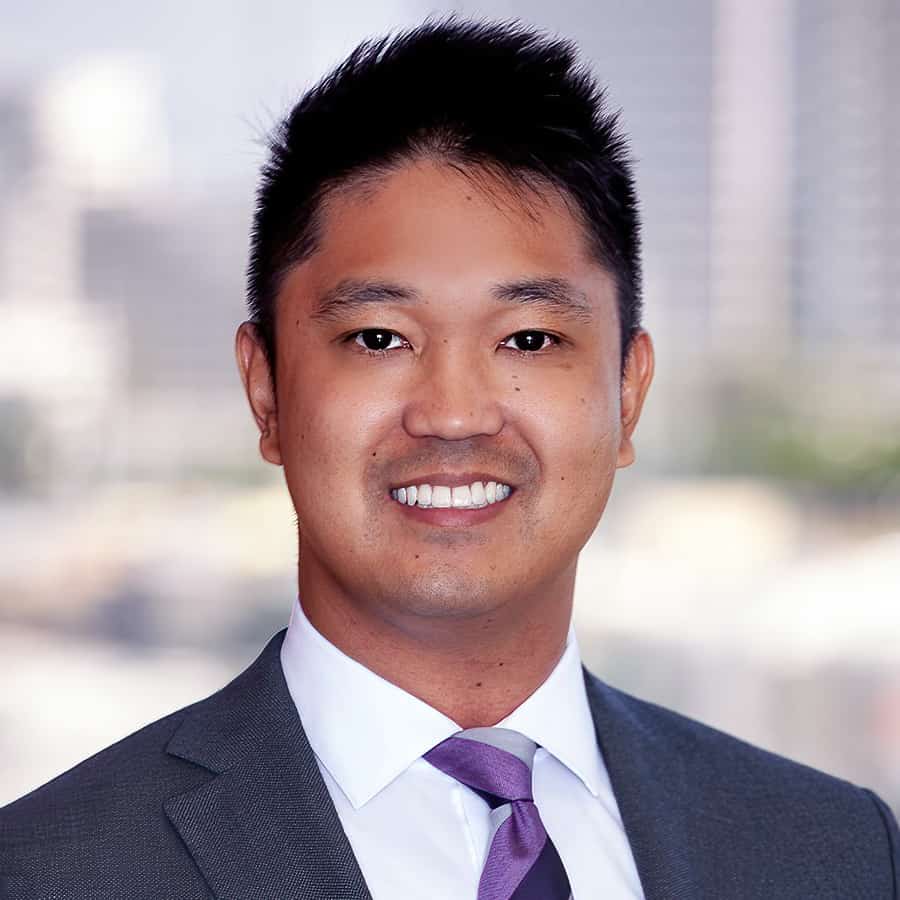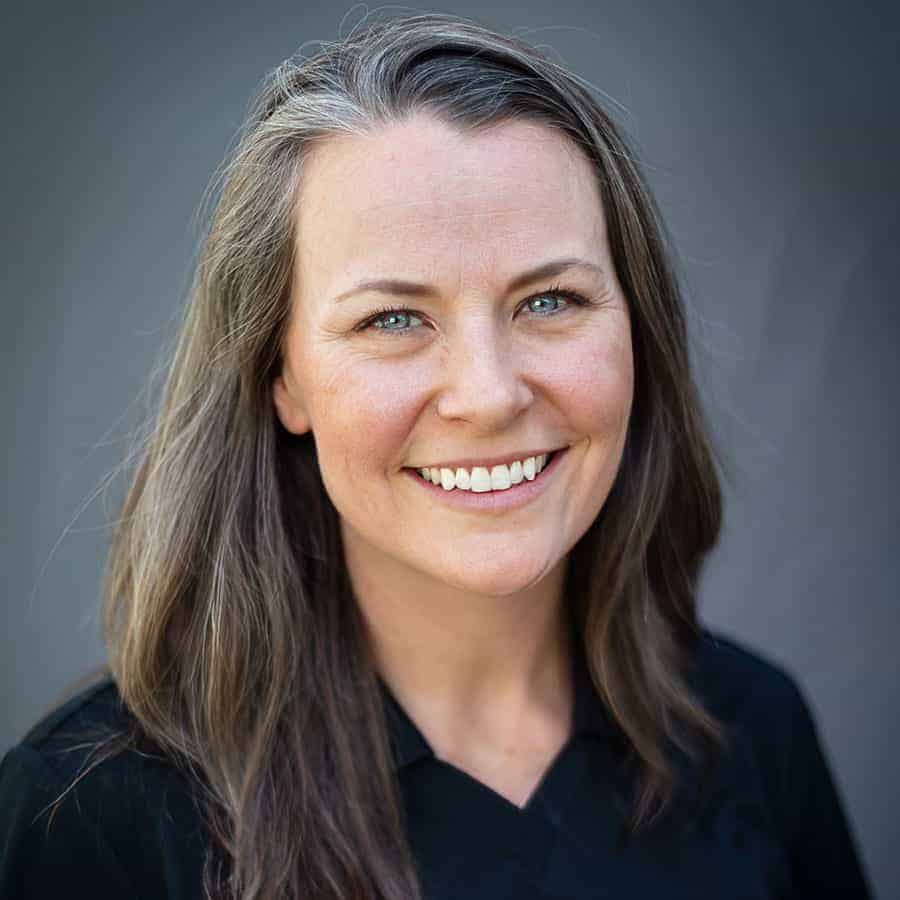In this episode, Rachel Holland, PE talks with Mathew Picardal, P.E., SE, about his firsthand experiences at the recent NCSEA Summit, the significance of SE3 Training for structural engineers, and the key lessons learned from these valuable industry events and training programs.
***The video version of this episode can be viewed here***
Engineering Quotes:
Here Are Some of the Questions We Ask Mathew:
- What was your experience at the NCSEA Summit in Anaheim this year?
- Can you share some of the topics you encountered or attended at the event?
- How was the Champlain Towers investigation session structured, and what were some of the key topics discussed?
- Did the focus on mental health and related topics primarily come from the SE3 segment, or were there also dedicated breakouts within the NCSEA addressing similar issues?
- Were the discussions about mental health and related topics part of the SE3 sessions, or were they separate, with SE3 having distinct activities?
- What are your thoughts on the industry making positive strides by recognizing the importance of balance in discussions, addressing not only technical aspects but also mental health and business skills?
- Was the setup you described for the panel discussion?
- What was the consensus on how companies were handling topics like supporting employees through different life stages and ongoing work-from-home discussions?
- Did any firms express the sentiment that full-time work from home is not effective and they prefer having all their employees back in the office?
- Were the individuals discussing remote work mostly on a hybrid schedule, or were they fully remote employees who never went into the office?
- Regarding the DEI discussions within SE3, particularly on retention and recruiting, what was the consensus, and what thoughts emerged on ways to improve these aspects?
- How can companies improve in their business areas, and what successful strategies are being used?
- Did any specific sessions stand out to you as favorites in terms of their information or the topics discussed?
- Which technical sessions were your favorites and stood out the most for you?
- Did they discuss the base-isolated hospital that went wrong due to backfilling in the session?
- What makes attending events like the NCSEA summit or engineering summits in general beneficial in your opinion?
- Is there anything else you’d like to share about your experience at the convention or any final thoughts you have?
Here Are Some of the Key Points Discussed About NCSEA Summit Insights:
- Going to the conference was worthwhile, especially with the SE3 symposium. Even though it wasn’t official, it tackled interesting subjects like equity in structural engineering and industry surveys. What made this year’s NCSEA event memorable was the perfect blend of technical and business discussions.
- The event featured standout sessions, including the revealing Champlain Towers investigation and insights into hospital performance post-Turkey earthquake. Technical highlights encompassed ACI 19 column and concrete shear wall changes. On the softer side, a panel on mental health offered valuable perspectives on the experiences of structural engineers, often overlooked in the industry.
- In the mental health panel, three engineers talked about topics like burnout and imposter syndrome that many in the audience could relate to. It brought attention to the different kinds of stress engineers face, both professionally and personally. The main point was realizing we’re all in this together (and the live audience vibe showed that), making it cool to see we’re not alone in dealing with these challenges.
- The NCSEA program incorporated discussions on mental health and imposter syndrome, moving beyond just technical topics. A keynote and an official panel focused on these aspects, showing the organization’s commitment to addressing a broader range of professional and personal experiences for engineers.
- SE3, held before the official conference, focused on diversity, equity, and inclusion (DEI) with a keynote stressing how DEI benefits business. They also covered people skills, addressing how treating employees, colleagues, and clients impacts retention and recruitment, focusing on the importance of a balanced skill set beyond technical expertise.
- Acknowledging broader challenges in structural engineering, it’s clear that success involves more than technical skills, encompassing issues like recruitment, retention, and ongoing support for employees. Companies are now asked about supporting engineers not only at the career outset, but also through life changes such as starting a family or managing health issues. This shift points to the necessity for adaptable support to retain valuable professionals.
- The SE3 sessions covered a mix of presentations and panel discussions. One noteworthy panel focused on the experience of working from home, exploring how different companies and engineers are adapting to this shift. This varied approach provided valuable insights into current industry challenges and practices.
- In a work-from-home panel featuring leaders, the agreement was that remote work is here to stay and has proven successful for their firms. They stressed the importance of intentional efforts to address the absence of in-person interactions, proposing strategies like involving engineers in client calls to maintain transparency and communication.
- In the discussion, one office allowed remote work but had a culture favoring the physical office, while the other two, managed by principals, considered remote work a privilege based on performance, with the understanding that it could be revoked if not used effectively.
- The discussion revealed a predominantly hybrid work model, with the majority opting for three days a week in the office. Despite the hybrid nature, there were no negative sentiments or concerns expressed about this approach.
- In understanding the significance of diversity, equity, and inclusion (DEI), the discussion centers on the newer generation’s preference for firms with visible representation in leadership. The key insight underlines the impact of unconscious biases and emphasizes the appeal of workplaces where individuals envision their advancement into leadership positions through exposure to diverse ideas and cultures.
- Setting up diversity and inclusion committees is beneficial, but it’s crucial to secure support from leadership for genuine impact. Simply forming committees isn’t enough — you need decision-makers who genuinely care and can take meaningful action. While recruiting from your alma mater is common, don’t restrict diversity efforts to familiar places. Exploring candidates from various schools brings diverse perspectives and backgrounds to the table.
- The conference highlighted impactful sessions, particularly those focusing on soft skills and technical aspects. Standout panels included discussions led by women engineers and architects sharing their experiences in a mostly male-dominated AEC industry. These insights provided a valuable perspective on the challenges faced by women professionals, emphasizing the importance of understanding diverse viewpoints for fostering empathy and collaboration in the workplace.
- In Turkey, they mandate earthquake-resistant hospitals using base isolation, unlike the U.S. Turns out, during earthquakes, even if the structure is solid, Turkish hospitals focus on non-structural elements like equipment and ceilings. In the U.S., visible issues prompt closures, affecting many, but in Turkey, they often keep operating. So, how hospitals are built matters beyond structure, especially in quake-prone areas.
- They explained base isolation, which lets buildings move during earthquakes. The problem discussed was contractors filling the needed gap with soil, making the protection useless.
- Engineering summits like NCSEA offer more than technical updates. They’re a hub for networking, building a community, and sharing industry trends. It’s a chance for engineers to connect, learn soft skills, and understand the evolving expectations of the industry, like the focus on diversity, equity, inclusion, and sustainability. For managers, it’s a vital opportunity to stay ahead of industry trends, especially when recruiting and aligning business practices with the values of the newer generation.
- Conventions are a rich source of inspiration and learning, exposing attendees to diverse projects and the challenges engineers face. For young professionals, applying for future leader programs is a great way to start, providing a supportive entry point to conferences where they can connect with peers and gain insights into the industry. Overall, attending these events is highly recommended for anyone in the field.
More Details in This Episode…
About the Hosts
Mathew Picardal, P.E., SE

Rachel Holland, P.E.

Sources/References:
NCSEA Summit
SE3 Committee
Champlain Towers Investigation
ACI 318-19 Building Code Requirements for Structural Concrete
ACI (American Concrete Institute)
SEOS (Structural Engineering Organization of San Diego)
WISE (Women in Structural Engineering)
AEC (Architecture, Engineering, and Construction)
Base Isolation Systems
Tipping Berkeley, California.
CSI
Please leave your comments or questions in the section below on the NCSEA Summit and SE3 training for structural engineers.













